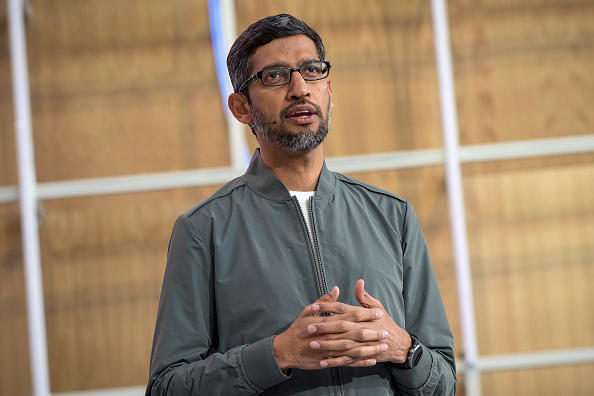As Europe continues to crack down on big tech, some companies are trying to take preventative measures. On Tuesday, Google’s CEO Sundar Pichai announced that the company plans to open a new tech hub in Germany dealing with data privacy.
In a blog post, Pichai shared that the Google Safety Engineering Center will open in Munich, Germany, sometime this week. The company plans to increase the number of privacy engineers in Munich to more than 200 by the end of 2019. There, the team will work “hand-in-hand” with privacy specialists in the company’s offices across Europe and the globe.
“It’s no accident that we’re building our privacy hub in the heart of Europe, and in a country that in many ways reflects how Europeans think about online safety, privacy and security,” Pichai wrote, adding:
“This is a major milestone in our investments in Europe. Since 2007, we’ve grown in Munich to more than 750 people, hailing from more than 60 countries. We’ll continue to invest in all parts of our operation, including the GSEC team. This year’s expansion will take us beyond 1,000 employees for the first time, making the office a true global hub not only for privacy engineering, but for research and product development, as well.”
For a long time, big tech had a sort of free reign as many governments didn’t really regulate it. Recently the European Union has begun to pay closer attention to tech companies.
In 2018, the EU passed the General Data Protection Regulation (GDPR), which allows individuals to control how much data tech companies — including Facebook, Apple, and Google — can store. People were not only given the right to request their data from a company but also the right to request its deletion.
Google adding a new hub in Europe makes perfect sense as it now has to navigate strict regulations.
The GDPR itself has served as inspiration for some of the United States’ tech policies. Although the country lags behind at a federal level, individual states have taken up their own laws.
For example, California’s Consumer Privacy Act noticeably took inspiration from the EU’s GDPR. The same can be said for Washington State’s privacy laws aimed at consumer protection, which the Senate passed in March.
















